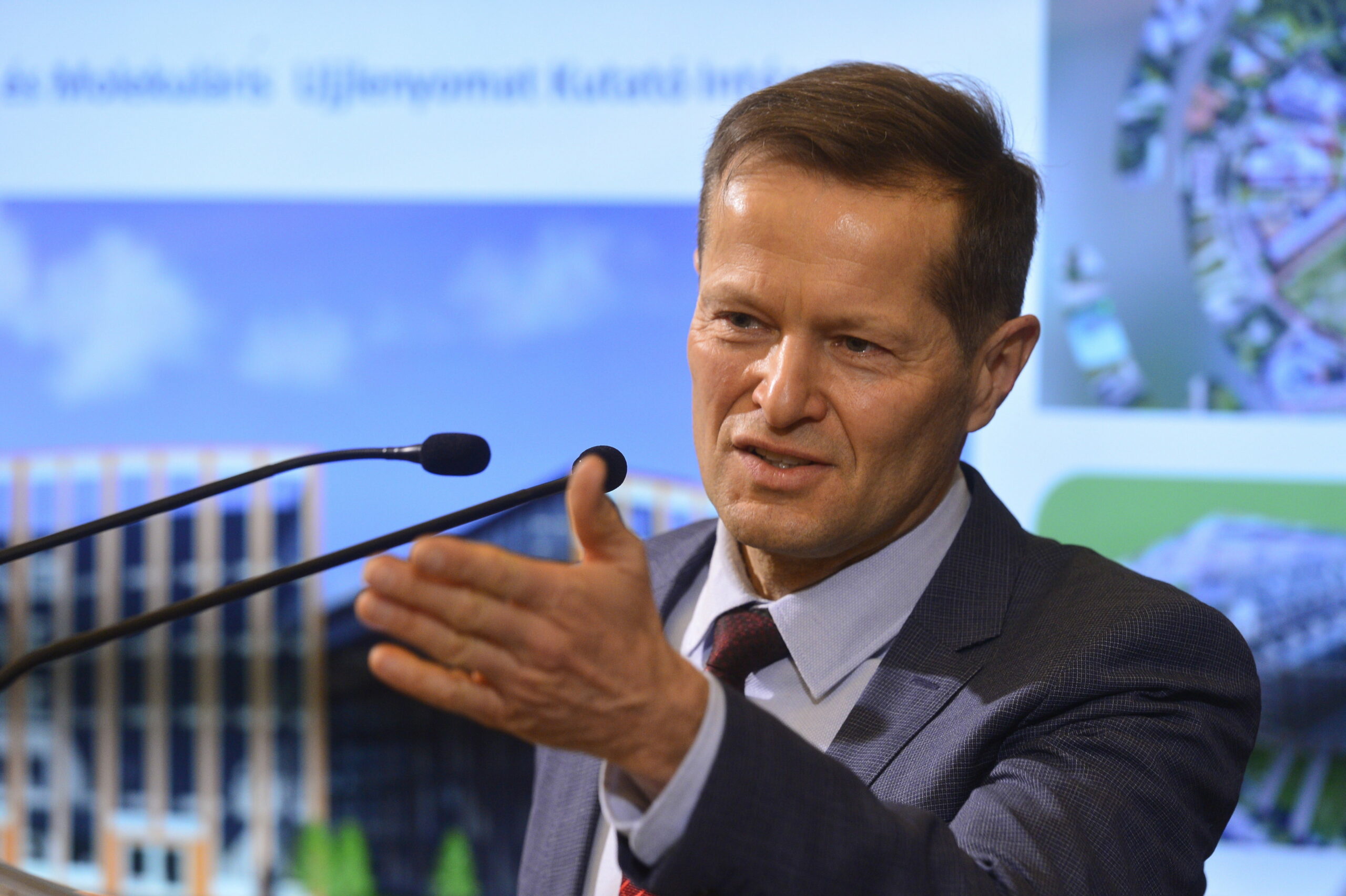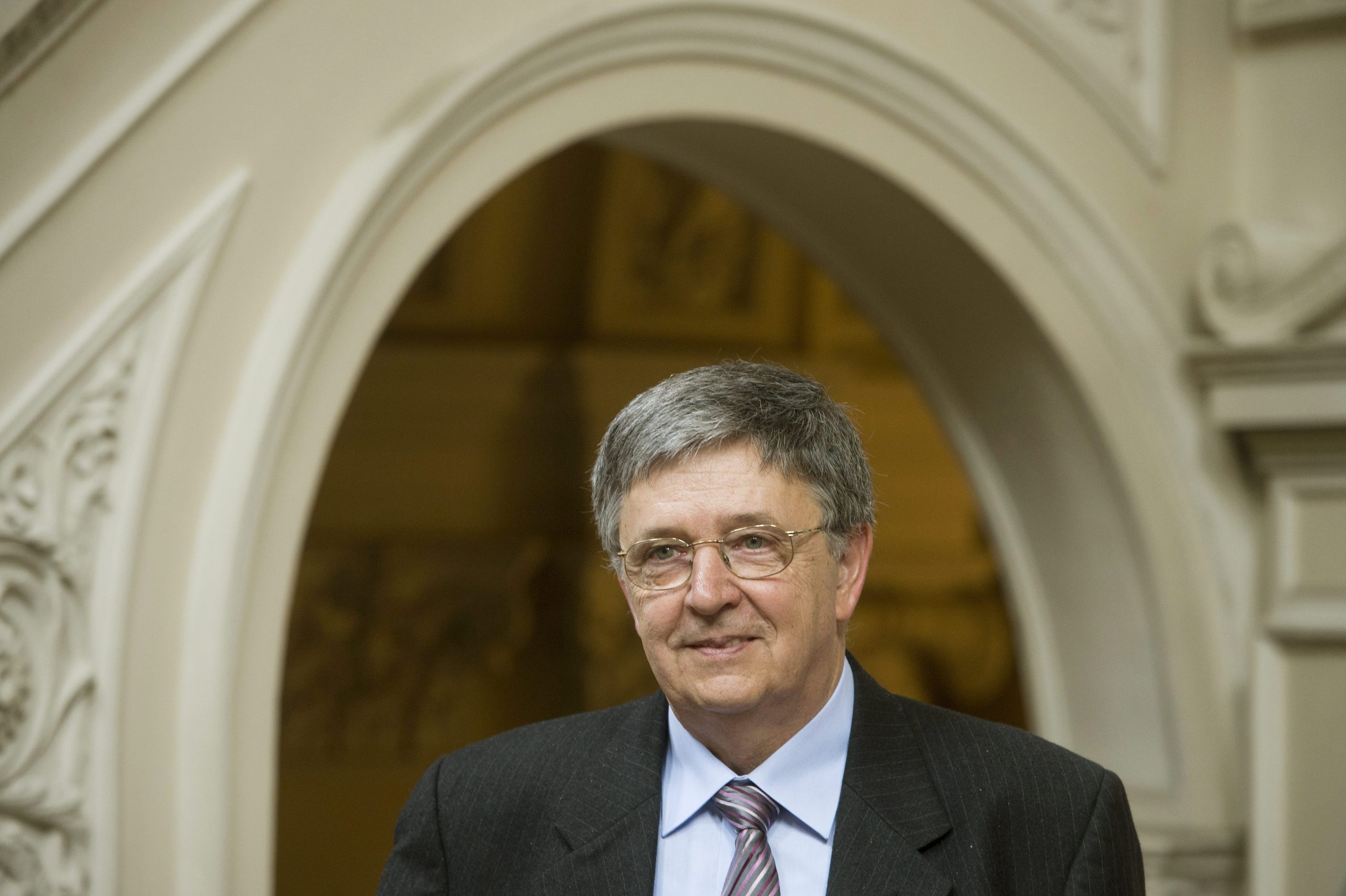
Professor Ferenc Krausz has been awarded the 2022 Wolf Prize in Physics “for pioneering contributions to ultrafast laser science and attosecond physics.” The Hungarian-Austrian physicist’s contributions to the field have further developed the study of attosecond physics and its application to fundamental physics. The two other laureates of the physics prize are Anne L’huillier from Lund University and Paul Corkum from the University of Ottawa.
Ferenc Krausz, together with his research team at the Max Planck Institute of Quantum Optics, was the first to generate and measure attosecond light pulses and to then use them to capture electron motion inside atoms. They contributed to the generation of few-cycle laser pulses, and have studied numerous atomic and molecular physics processes.
Krausz and his team use femtosecond and attosecond technology to develop the application of infrared spectroscopy to biomedical sciences. By analyzing changes in the composition of blood samples, the group aims to discover whether new diseases can be diagnosed in their initial stages.
Krausz is an external member of the Hungarian Academy of Science. Born and raised in the town of Mór, in northwestern Hungary, he graduated with a degree in physics at Eötvös Loránd University’s Faculty of Science, as well as a certificate in electrical engineering from the Budapest University of Technology and Economics in 1985. He then began his research of laser physics at the University of Technology under the tutelage of József Bakos, and graduated with a Ph.D. from the Vienna University of Technology in 1991.
Related article
László Lovász Awarded Abel Prize, 'Math's Nobel'
The Norwegian Academy of Science and Letters has awarded László Lovász and Avi Wigderson the Abel Prize, the equivalent of the Nobel Prize within the field of mathematics. László Lovász, former president of the Hungarian Academy of Sciences (MTA), professor emeritus at Eötvös Loránd University (ELTE), and current research professor at Budapest’s Rényi Alfréd Mathematical […]Continue reading
Krausz has long been interested in the study of subatomic particles using femtosecond technology, a passion that has guided his career to the success he now sees. He was appointed as a Director at the Max Planck Institute of Quantum Optics in 2003, and has been Chair of Experimental Phsyics at the Ludwig Maximilian University of Munich since 2004. His team has been making history ever since they were the first to generate and measure attosecond light pulses at the beginning of the 2000s.
Featured photo illustration by Attila Kovács/MTI

